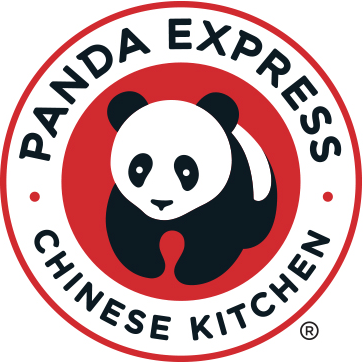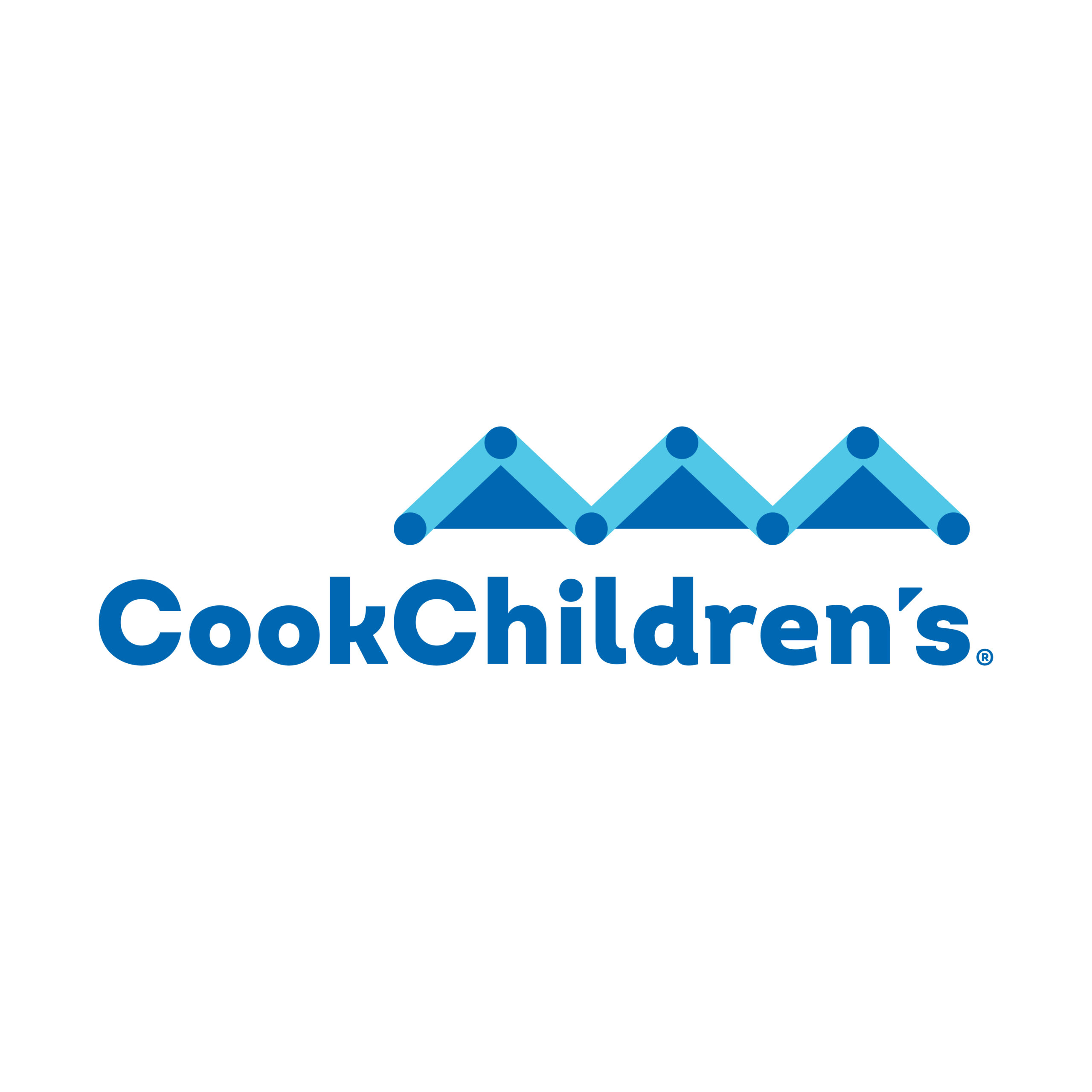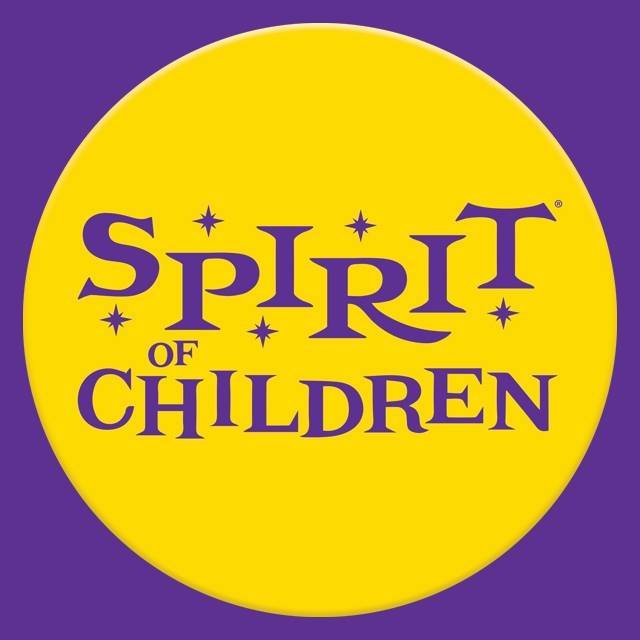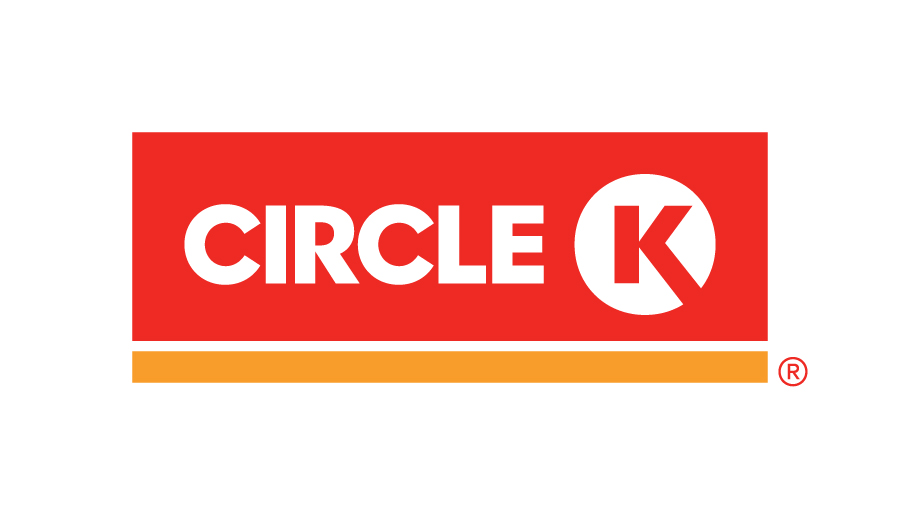The do’s and don’ts of baby formula
A recall in February from Abbott Nutrition has placed extra pressure on the supply chain and some stores are limiting the amount a customer can purchase. The formula shortage is hitting home for many families. On Monday, the American Academy of Pediatrics shared advice for parents and said parents should talk to their pediatricians.
A recall in February from Abbott Nutrition has placed extra pressure on the supply chain and some stores are limiting the amount a customer can purchase.
Here are some tips from the AAP, the U.S. Food and Drug Administration and our doctors.
Never dilute with water
Never dilute breast milk or formula with water. The extra water causes the sodium level in their blood to drop. Low sodium will lead to brain swelling which can cause poor feeding, lethargy, seizure and eventually death.
Do switch to a store brand
For most babies, it’s OK to switch to store brands unless your baby is on a specific extensively hydrolyzed or amino acid based formula such as Elecare (no store brand exists), the AAP says. If you’re unsure, talk with your pediatrician. Store brand formulas are equally regulated by the FDA, which has requirements for nutrients in infant formulas.
Don’t make your own
The AAP and the Food and Drug Administration strongly advise against homemade formula because of serious health and safety concerns. “Although recipes for homemade formulas circulating on the internet may seem healthy or less expensive, they are not safe and do not meet your baby’s nutritional needs,” the AAP said. “Infant deaths have been reported from use of some homemade formulas.”
The FDA said it has “recently received adverse event reports of hospitalized infants suffering from hypocalcemia (low calcium)” that had been fed homemade infant formula.
In February, batches of three infant powdered formula brands were recalled because of possible bacterial infections. So far, four instances of infant illness have been reported to the Food and Drug Administration.
Do use breast milk
Breast milk is an option. Consider reaching out to a breast milk bank for support.
Don’t substitute with alternative milk products
Be careful to avoid milk alternatives, like almond milk, oat milk and other plant-based milks. They are not recommended for infants under a year of age.
Don’t buy from third parties
Consumers should also avoid purchasing imported formula or formula that has been diverted from normal distribution channels and relabeled, as it has the potential to be counterfeit, the FDA says.
For example, if an infant formula is past the “use by” date, a counterfeit label may bear a false “use by” date to obscure the fact that the product may no longer contain the amounts of nutrients listed on the label and may otherwise not be of acceptable quality, the FDA says.
Do check with your trusted medical provider
Pediatricians often have samples or can connect with a formula brand representative for supplies if needed. Check with your local WIC office. They may also be able to help.
call in February from Abbott Nutrition has placed extra pressure on the supply chain and some stores are limiting the amount a customer can purchase.
The AAP and Food and Drug Administration advise against homemade formula because of serious health an safety concerns. See why.






